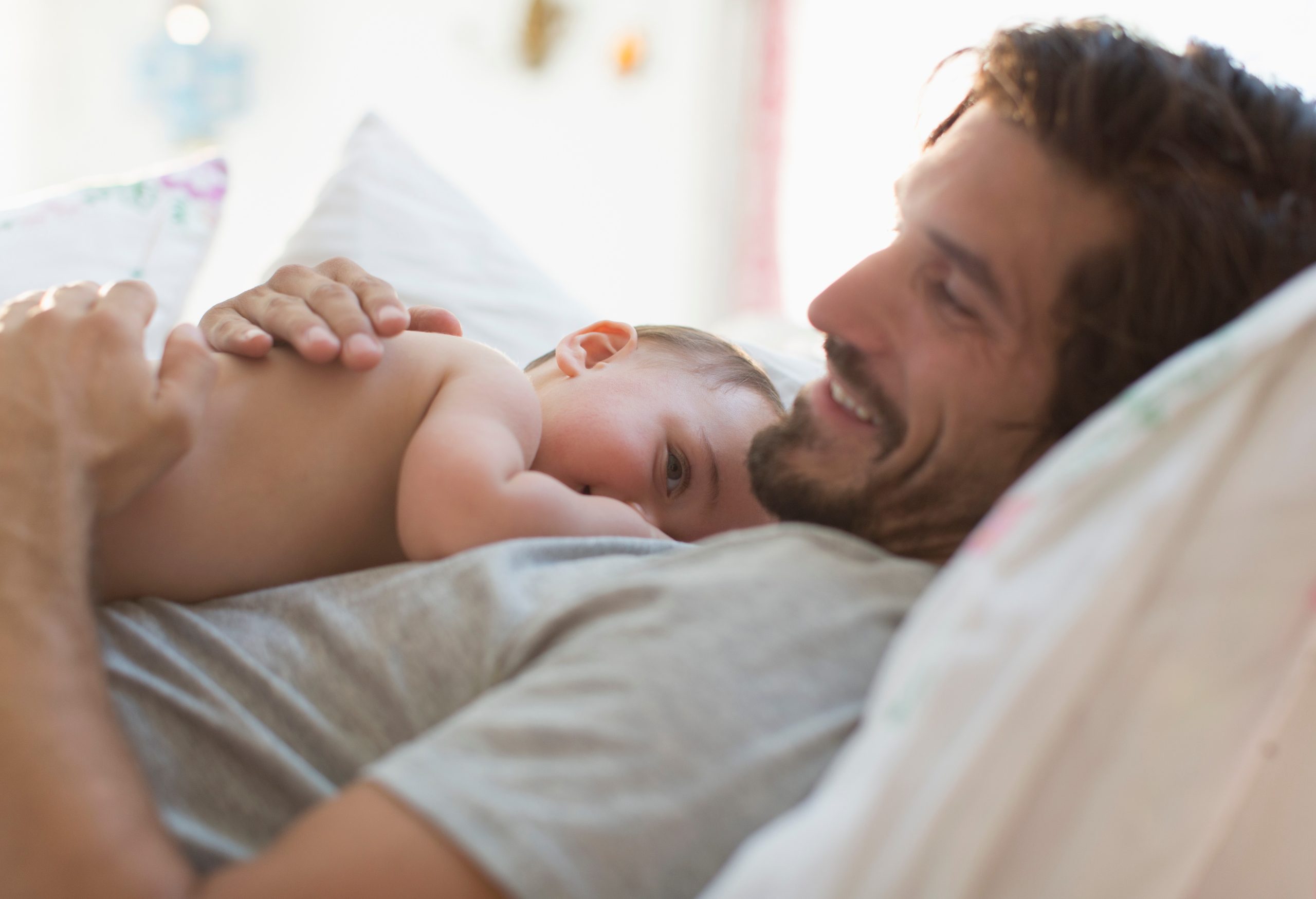Most mental health work in the UK focuses on reacting to problems once they have arisen. By contrast infant mental health initiatives look at the foundations of our relationships – our earliest years of infancy. By taking a ‘best start’ in life philosophy, it is possible to prevent mental health issues arising later in life when the cost to the individual, their family and society in general is much more significant.
Infant Mental Health Awareness Week 2016

The charity Parent Infant Partnership (PIP) UK and several parenting and children’s organisations are joining together to launch the UK’s first national Infant Mental Health Awareness Week from 6-10 June 2016. As promoters of early intervention and early years relationship education, The Spark is working with partners to create practical opportunities for creating strong infant mental health and emotional wellbeing.
Following birth the subsequent 18 months of a child’s growth and development are astonishing in both their speed and importance. It has been calculated that connections in the brain are created at around a rate of a million per second during this period (source: PIP). As a result the earliest experiences for a child shape their brain development, and have a significant impact on their mental and emotional health.
“New scientific advances are showing the crucial importance of foundation years as a springboard for neuro-cognitive development, life-long health and well-being and socioeconomic success.” National Scientific Council on the Developing Child, Harvard University
A choice in mental health investment
Investing in infant mental health is beginning to be viewed as a logical and valuable alternative to the status quo. We can continue to wait until mental health problems in older children and adults emerge, and deal with them at that point. The consequences and costs to the individuals, their families, schools/workplaces and society in general are massive with the NHS alone spending billions each year on mental health treatment.
The alternative is to recognise that the foundations of our mental health are set during infancy and use that period to build healthy and strong relationships between children and their parents. By reducing the risk of mental health issues developing in later life from poor early years relationships, there is great scope to achieve a step change in mental health care.
Statistics on infant mental health*
- 1 in 10 children require support or treatment for mental health problems.
- Failure to fully address mental health problems in pregnancy and following childbirth costs over £8 billion for each one year cohort of births. Nearly three-quarters (72%) of this cost relates to adverse impacts on the child rather than the mother.
- 26% of babies in the UK have a parent affected by domestic violence, mental health or substance misuse.
- 36% of serious case reviews into deaths or serious abuse involve a child under the age of one.
*Source: PIP
For more information on Infant Mental Health Awareness Week visit the website or join the conversation on twitter using the hashtag #IMHAW16
Parent Infant Partnership (PIP) UK is an umbrella organisation for a growing network of Infant Mental Health services across the UK which work with vulnerable families, to enable secure attachment and healthy early relationships for babies, toddlers and parents.
For tips on bonding with your baby in early years, read our Top Tips for Bonding with Baby.
Find out more about The Spark Counselling or search for your local Spark counselling centre.

